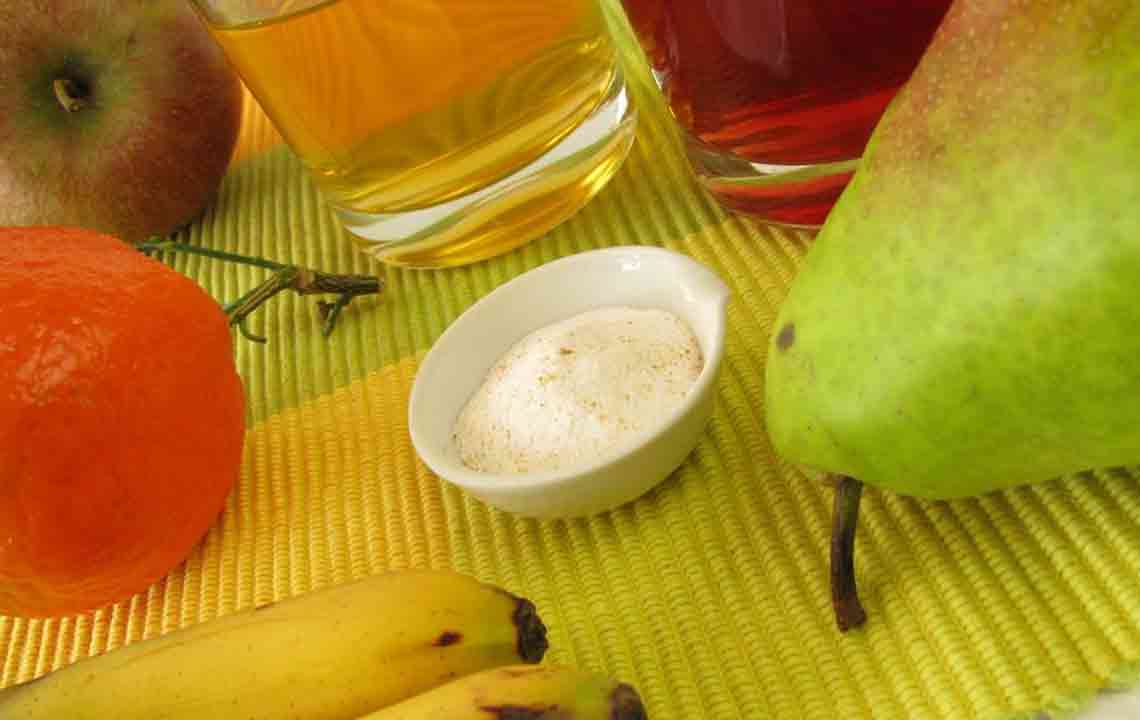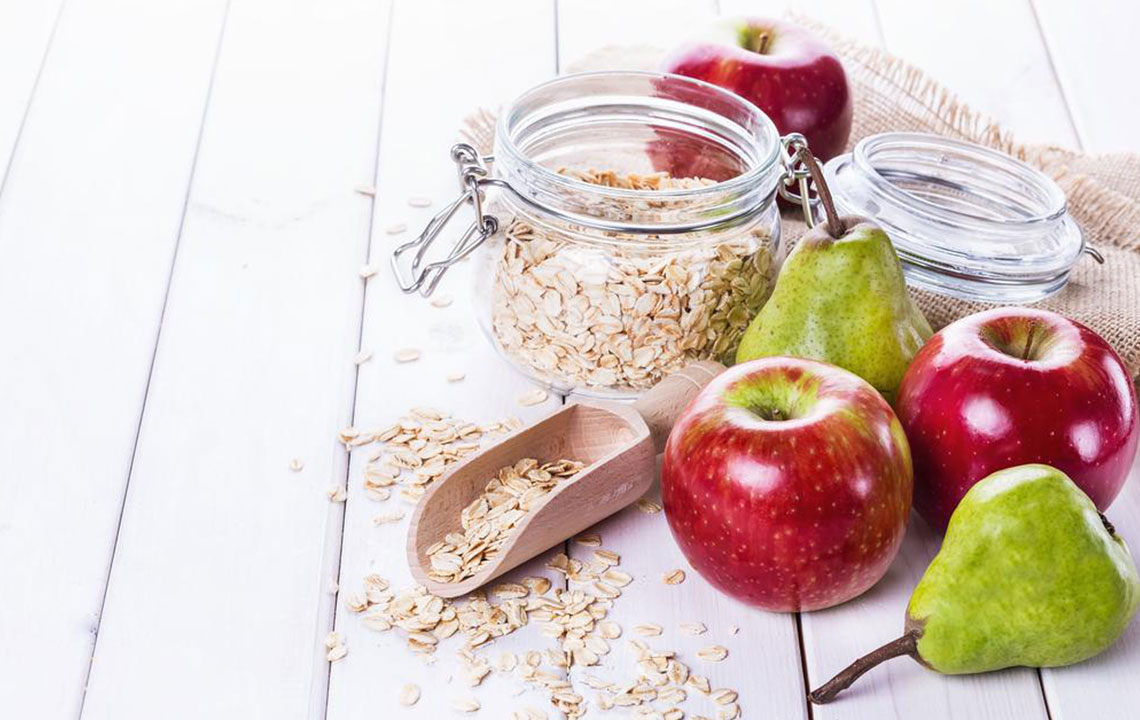Top Dietary Strategies to Manage IBS Effectively
Discover effective dietary strategies to manage irritable bowel syndrome (IBS). This guide highlights tips such as reducing fatty foods, increasing fiber and protein intake, staying hydrated, and avoiding resistant starches. Implementing these changes can significantly alleviate IBS symptoms and improve quality of life. Always consult healthcare professionals for personalized advice and treatment plans.

Living with irritable bowel syndrome (IBS) can cause discomforts like bloating, constipation, diarrhea, and abdominal pain, impacting daily life. The good news is that dietary modifications can significantly alleviate symptoms. A well-planned diet tailored to IBS needs can be a powerful treatment tool.
Limit fatty foods
Reduce intake of animal fats found in butter, cheese, and baked goods, as saturated fats can irritate the gut. Opt for healthier fats from sources such as vegetable oils, avocados, nuts, and olive oil.
Enhance fiber consumption
Fiber is crucial in managing IBS. Foods like oats, barley, and legumes are rich in fiber and support digestive health.
Stay well-hydrated
Drinking 8 to 10 glasses of water daily helps fiber work effectively. Herbal teas and fruit juices are also beneficial in relieving constipation and other IBS symptoms.
Avoid resistant starch-rich foods
Items such as potatoes, corn, oats, and beans contain starches that may upset IBS. These reach the colon undigested and are fermented by gut bacteria, potentially worsening symptoms.
Increase protein intake
Consuming three servings of protein daily is recommended. Include fish, lean meats, eggs, beans, lentils, soy products, nuts, and pulses in your diet. Maintaining a food diary can help identify foods that trigger your IBS.
It's estimated that up to 25% of Americans are affected by IBS each year. While current treatments don't cure the condition, tailored dietary plans can effectively manage symptoms. Always consult healthcare professionals for personalized advice.










